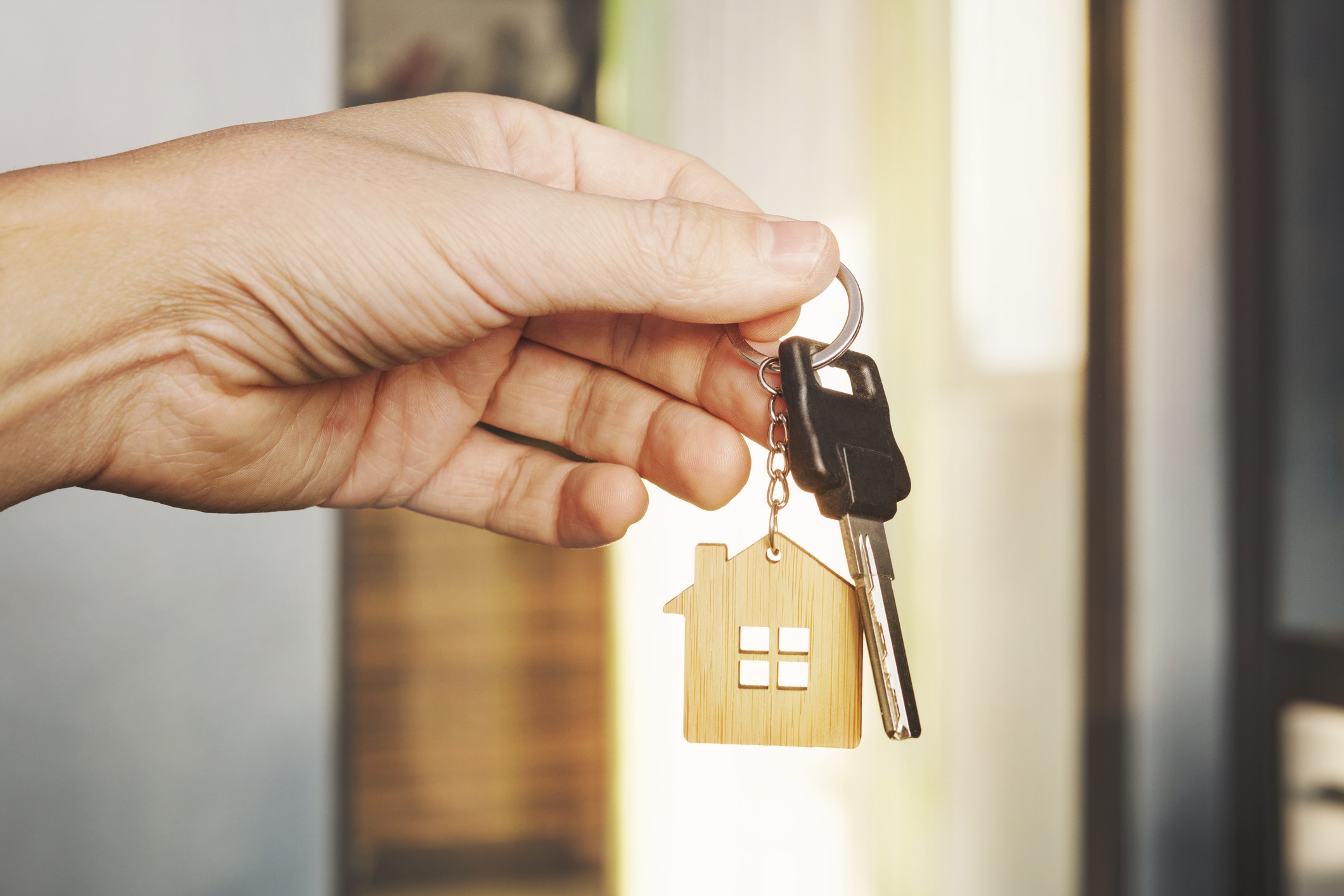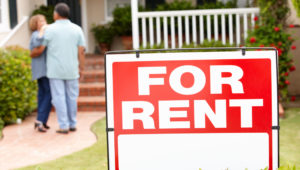When Is The Right Time To Buy A House?


A frequent question we hear from our Clients, “When is the right time to buy a house?” The reality is that there’s never a perfect time to buy a house; it’s challenging any time, even in a buyers’ market. In our view, it isn’t about timing mortgage rates and home values (which are almost impossible to predict). And, just because you qualify for a home loan doesn’t mean that you should buy one. Mortgage companies are more focused on your ability to pay the mortgage payment than your ability to reach future financial goals.
So, for us, the right time to buy a home is when you can truly afford it, which leads us to our next question: How will you know if you could truly afford the purchase? Let’s explore five questions to factor in as you seek an overall answer.
1. Are You Ready To Settle in One Location?
Buying a house is a huge and long-term commitment, so it’s a good idea to think about whether you’re planning on making any big life changes in the near future. Are you planning on switching jobs? Do you see yourself getting married or having kids soon? In either case, it may be a good idea to wait to purchase a home: your needs will most likely change when one of these major life events occurs.
If you purchase a home, you should stay long enough to offset the cost of the transaction, closing costs, and agent’s commissions. This usually takes an average of five years. Buying a home is the biggest purchase most people will ever make. So, the best time to take on such a big asset (and liability, if you are taking on a mortgage) is when you feel stable in your life and are ready to put down roots.
2. Have You Taken a Close Look at Your Budget?
Unfortunately, just because you got approved for a home loan does not mean that you can truly afford it. Will your mortgage payment consume a large portion of your monthly take-home income? Are you aware of all the additional housing expenses such as taxes, insurance, and homeowners’ association dues?
As a rule of thumb, if you are spending more than 30% of your take-home income on your house, you might not be able to afford other expenses (or have room in your budget to save for your goals). The thing we want to avoid the most is for you to feel financially strapped and stressed. If you find yourself Googling “Can I buy a house with a 645 credit score,” it might be time to wait.
3. Could Purchasing a Home Affect Your Retirement Saving?
It’s important to ensure that your income is enough for your house payment. However, it’s just as important to ensure that you are also prepared for financial emergencies and that your wealth is growing. If the size of your mortgage takes up too much space in your budget, hindering you from essential financial goals like saving for retirement, it will not be sustainable, long-term.
If you’ve owned a home for a long time, you know that you’ll inevitably need to invest in upkeep and repairs. Your water heater could break, the roof could leak, and fixing these things can be expensive. Having an emergency fund that could support these costs is essential. It will help you avoid having to take on high-interest debt to fund these expenses.
4. Have You Saved Enough for a Down Payment?
If you plan on taking a loan for your home, you’ll still need to contribute some money toward the purchase price. You’ve probably heard that 20% is the rule of thumb. That’s because it’s the minimum required down payment to avoid paying for mortgage insurance. However, 20% can be very high, given increasing home values over the years (especially for younger buyers).
The typical new home buyer puts down around 6% on average. If your mortgage payment (including taxes, insurance, and HOA costs) is comparable to the rent you have been paying, then it’s a positive sign to purchase the house.
However, if the all-in mortgage payment significantly exceeds your rent payments and exceeds 30% of your take-home income, it may be best to continue to rent. You can keep saving towards the down payment or wait until your income increases.

5. Could You Be Better Off as a Renter?
People typically have a negative view of renting. You’ve likely heard a friend, family member, or your next-door neighbor say that it is a waste of money. What they often fail to recognize is that renting allows flexibility, a critical aspect that can serve as the right solution for many people.
As mentioned before, the best time to purchase a home is when you can afford it and are ready to put down roots. Let’s say you purchase a home and then 6 months later, you land your dream job in another city. Or, you need to move closer to a family member. Renting can be an ideal solution for both situations, as it allows you freedom and flexibility while buying you time to figure things out. Here are a few other considerations for renting vs. buying.
Purchasing a home is one of the biggest decisions you will make in your life. We hope it feels really exciting and that we’ve provided you with a few considerations to reflect upon as you consider buying a home, as well.
And, if you’re looking for additional clarity, please don’t hesitate to connect with us. We’d love to walk a decision like this around the block with you.
